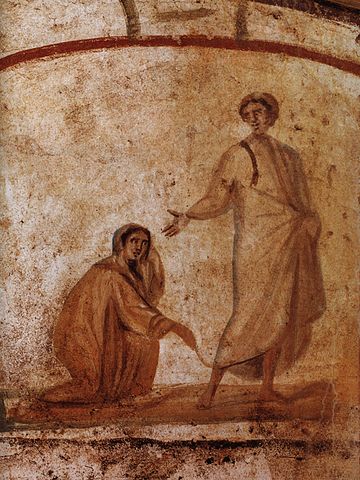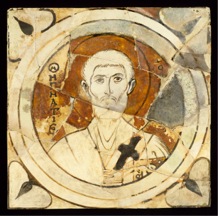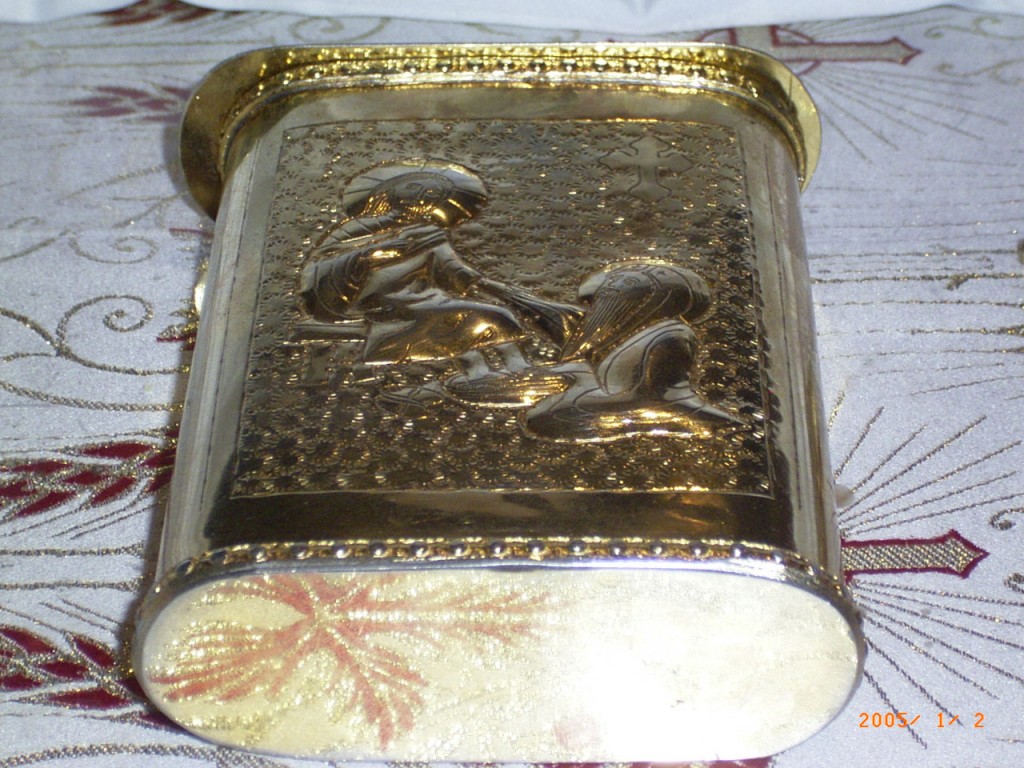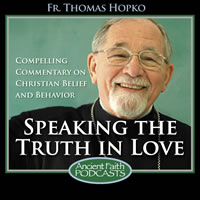
Christianity transformed the world for women.
That is a very big claim, but it really is not an exaggeration. I’ll show you some of the evidence that backs it up below.
Today, we simply take it for granted that men and women are of equal value and equal ability, and we build our modern Western societies around that understanding. Women have the same rights in law as men, inherit equal shares with their brothers, have (at least in theory) the same access to education and careers, and so on. What most people don’t realise is that as a matter of history, it was, by and large, Christ and Christianity that made this possible. To put it somewhat simply, before Christ, women were not considered equal to men or treated as equal to men. The teaching and example of Christ are the foundation upon which equality of the genders came about. To claim that without Christ, women would still be unequal today would be speculative (equality might have come about some other way). But the claim that equality actually came about in history because of Christ is on pretty strong ground. Long before ‘feminism’ became A Thing, Christianity was turning the world upside down and revolutionising how we all think of women. Here, I am not engaging in the modern debates over the role of women in society and in Church. I am just pointing some very important facts of history—in very broad strokes (there’s a lot of detail and nuance that won’t fit in a blog post)—that are often neglected in such debates.
Social inferiority of women was the general case before Christ came into the world. Continue reading “Women and Christianity”





